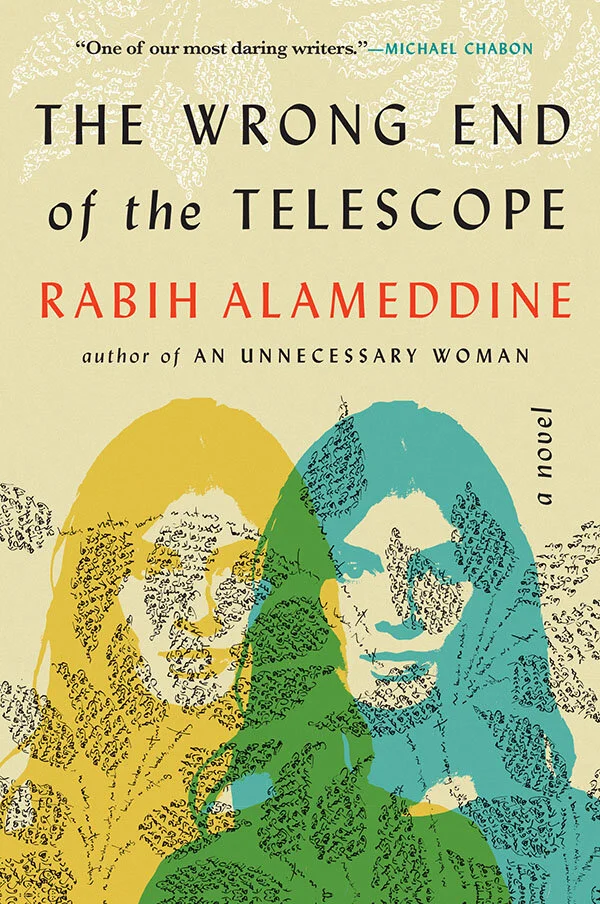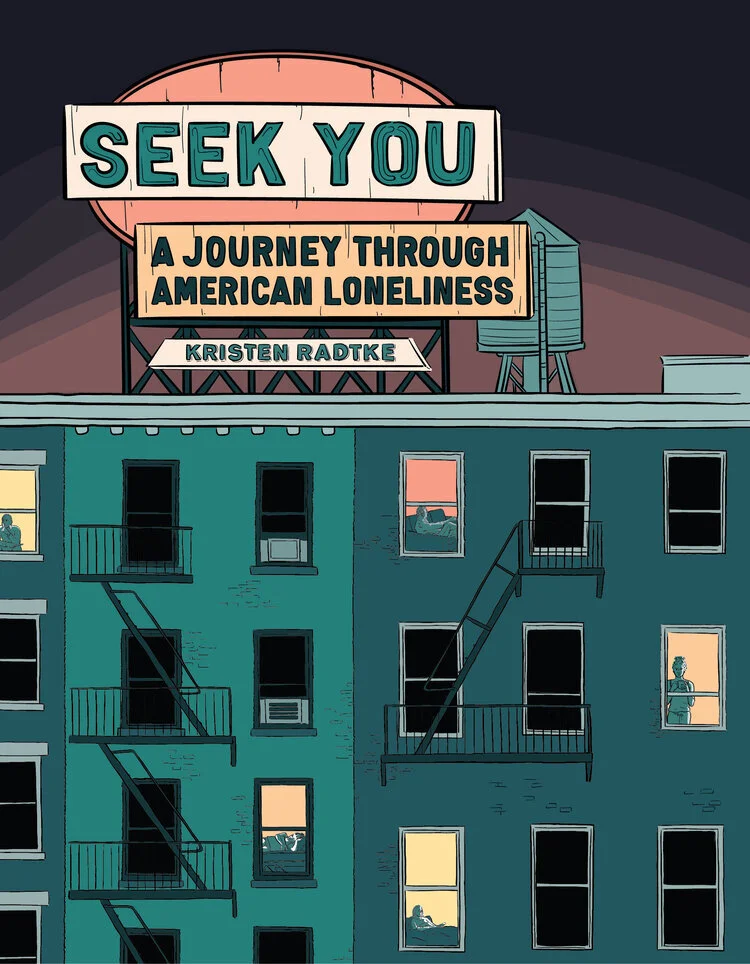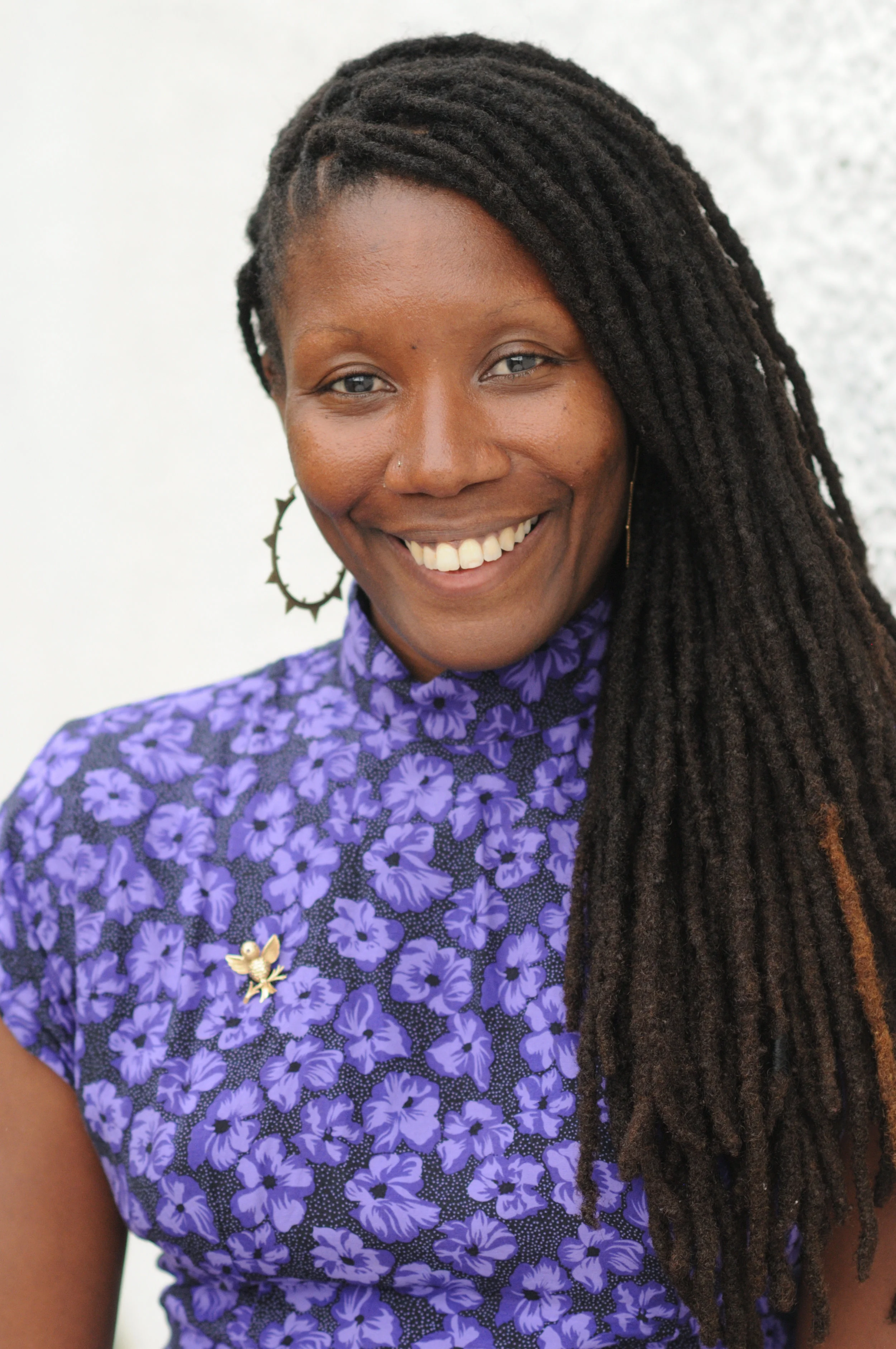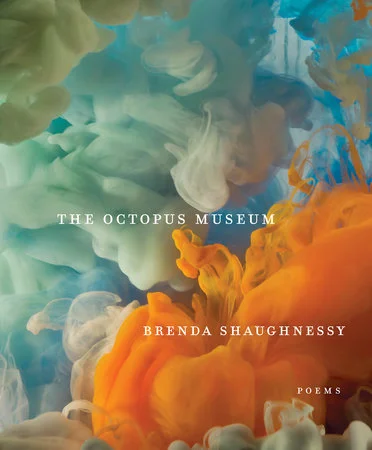“All writing requires us to observe the world around us, to be in tune with the dust and the dirt more than the storm, and to be intimately tuned to the lives of others.”
Read MoreRabih Alameddine writes about topics many would rather forget. In his new book, “The Wrong End of the Telescope,” he tells the story of a transgender doctor attempting to care for people fleeing war-torn Syria.
Read MorePhillip Lopate is no fan of Catcher in the Rye.
Read MoreIn “Seek You,” Kristen Radtke studies the long arc—and surprising causes—of American isolation.
Read More"It is so easy to seek refuge in metaphor or abstraction when writing sex, and to lose sight of the physical bodies interacting with each other. I constantly remind myself, when writing sex scenes, to attend to bodies in space, to how actual flesh fits together. In all my workshops I emphasize that, whatever you're writing about, logistics are sexy--working out the details of physical reality is a way of expressing your commitment to the world you're writing." - Garth Greenwell
Read More“I think queer and trans writing is so full of joy. Many kinds of joys. We’re people who’ve struggled and fought and sacrificed in the service of desire, self-knowledge, liberation! I mean, what’s more joyful than that? What’s more enviable than that kind of conviction? What’s hotter or more romantic or more revolutionary in spirit?”
Read More“I love reading daring writers who take risks. I’d even call them dangerous writers, always threatening both societal and literary status quos. In that sense, I’m a Kafkian: “We ought to read only the kind of books that wound or stab us.”
“To write about the queer body not just explicitly, but with all of the resources of the literary tradition, to write it in a way that foregrounds beauty and lyricism is, I hope, a way to cherish that body.’”
Read MoreThe boys were crouched in the dirt, the marbles pinging between them. Earl Lovett’s biggie oily marble was blue and white, like the earth seen from the heavens.
Read More



















